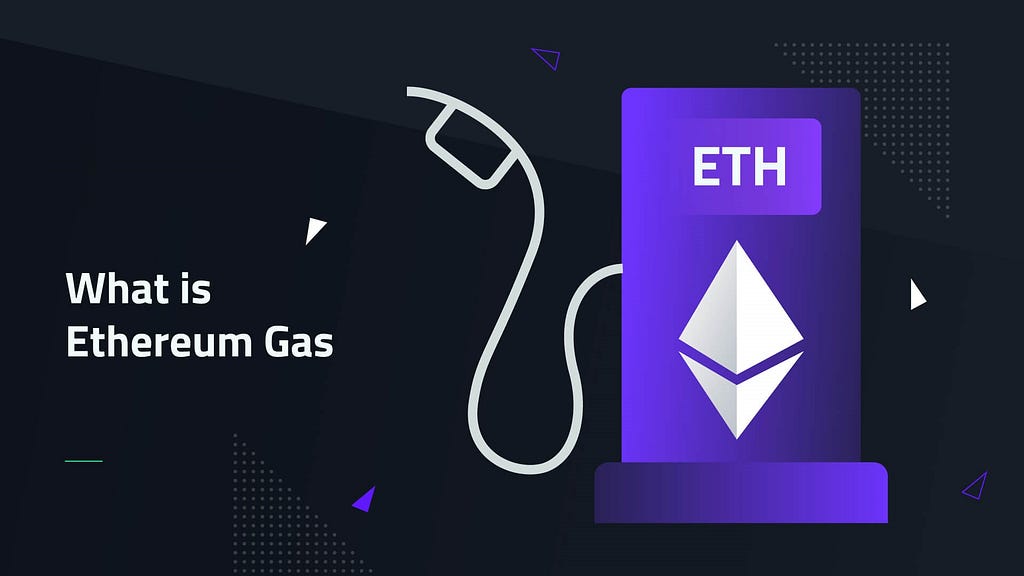
The Role of Gas in Ethereum Transactions
Ethereum, one of the leading blockchain platforms, operates on a unique system that utilizes “gas” to facilitate transactions and execute smart contracts. Understanding gas is crucial for businesses and potential clients looking to engage with Ethereum, especially those interested in Node.js development. This blog will delve into the concept of gas, its significance, how it works, and its implications for Ethereum users.
What is Gas?
Gas is a unit that measures the computational effort required to perform operations on the Ethereum network. Unlike Bitcoin, where transaction fees are primarily based on the size of the transaction, Ethereum’s gas system accounts for every computational step involved in executing transactions and smart contracts. Each operation has a specific gas cost associated with it, which varies depending on its complexity. For instance, sending Ether from one wallet to another typically costs 21,000 gas units, while more complex operations may require significantly more gas.Gas serves multiple purposes:
- Compensation for Miners: It incentivizes miners to include transactions in blocks by rewarding them for their computational work.
- Prevention of Abuse: By requiring a fee for every operation, gas helps prevent spam attacks on the network.
- Resource Management: It regulates the execution of smart contracts and transactions, ensuring that resources are allocated efficiently.
Understanding Gas Price and Gas Limit
Two key components of gas are the gas price and the gas limit:
- Gas Price: This is the amount of Ether (ETH) that a user is willing to pay per unit of gas. It is expressed in “gwei,” where 1 gwei equals 10−910−9 ETH. Users can set a higher gas price to prioritize their transaction during times of network congestion, as miners tend to process transactions with higher fees first.
- Gas Limit: This refers to the maximum amount of gas a user is willing to spend on a transaction. Setting an appropriate gas limit is essential because if a transaction consumes more gas than specified, it will fail, and the user will lose all the gas used up to that point without completing the transaction. For example, if a user sets a gas limit of 100,000 units but only requires 70,000 units for execution, the remaining gas will be refunded.
How Gas Fees Work
When a transaction is initiated on Ethereum:
- The sender specifies both the gas limit and gas price.
- The total transaction fee is calculated by multiplying the gas used by the gas price.
- If the transaction completes successfully, miners receive the fee as compensation for their work; if it fails due to insufficient gas limit or other issues, users still lose the gas spent.
The dynamic nature of Ethereum’s network means that gas prices fluctuate based on demand. During periods of high activity — such as during initial coin offerings (ICOs) or major market movements — gas prices can spike significantly. This volatility can impact users’ decisions about when to execute transactions.
Factors Influencing Gas Prices
Several factors contribute to fluctuations in gas prices:
- Network Congestion: When more users are trying to execute transactions than there are available slots in blocks, competition drives up gas prices.
- Complexity of Transactions: More complex smart contracts require more computational resources and thus incur higher gas costs.
- Market Sentiment: General market trends can influence how much users are willing to pay for faster transaction processing.
Strategies for Managing Gas Costs
Businesses and developers can adopt several strategies to manage and potentially reduce their gas costs:
- Timing Transactions: Executing transactions during off-peak hours can result in lower gas prices.
- Using Gas Estimation Tools: Many wallets and platforms provide tools that estimate current gas prices based on network conditions. Utilizing these tools can help users set appropriate limits and prices.
- Optimizing Smart Contracts: Developers can write efficient smart contracts that minimize unnecessary computations and reduce overall gas consumption.
The Importance of Understanding Gas for Businesses
For businesses engaging with Ethereum — especially those developing decentralized applications (dApps) using Node.js — understanding how gas works is essential. It affects not only transaction costs but also user experience. High fees can deter users from interacting with dApps if they perceive costs as prohibitive.Furthermore, businesses should consider how they communicate these costs to their users. Transparency regarding potential fees associated with transactions can build trust and enhance user satisfaction.
Conclusion
Gas plays a vital role in maintaining the functionality and security of the Ethereum network. By regulating transactions and compensating miners, it ensures that operations are conducted fairly and efficiently. For businesses exploring Ethereum development or looking to integrate blockchain technology into their operations, understanding how gas works is crucial.
As you navigate this landscape, consider partnering with experienced developers who can guide you through these complexities. At Codezeros, we offer specialized Ethereum development services tailored to your business needs. Contact us today to learn how we can assist you in harnessing the power of Ethereum for your projects.








